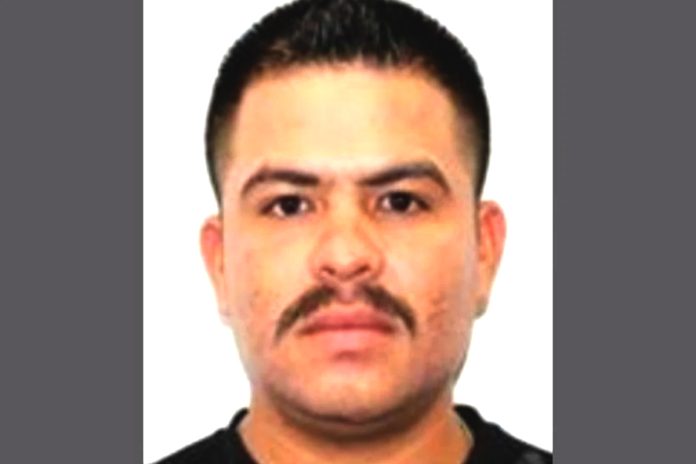Forensic testing has confirmed that a body found in Sinaloa is that of a man accused of killing two priests, a tour guide and another man last June in Chihuahua, as well as a United States citizen in 2018.
President López Obrador delivered the news Thursday morning, announcing that authorities had established that the body belonged to José Noriel “El Chueco” Portillo Gil, a presumed leader of a Sinaloa Cartel-affiliated criminal cell called Gente Nueva (New People).
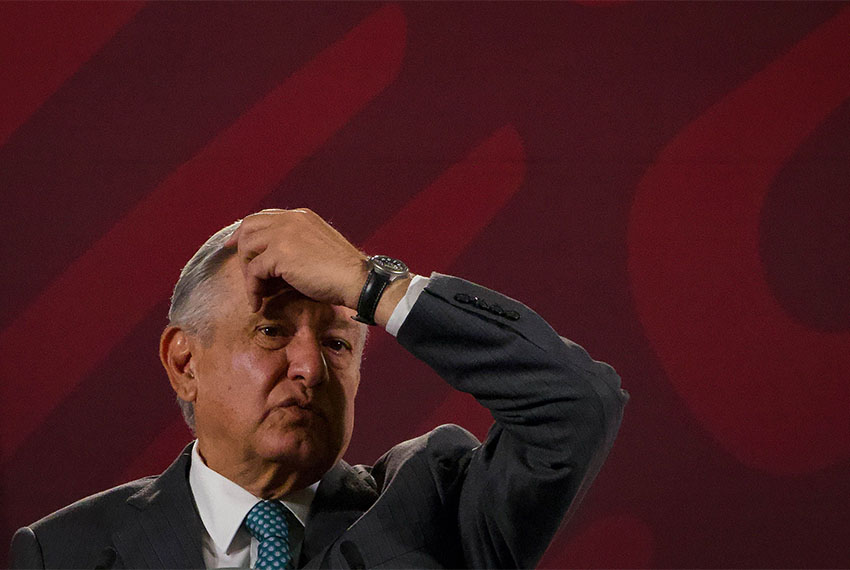
Portillo, whose nickname means “the crooked one,” allegedly killed two elderly Jesuit priests, Joaquín César Mora Salazar, 80, and Javier Campos Morales, 79, tour guide Pedro Palma, 60, and 22-year-old local baseball player Paul Oswaldo Berrelleza in the municipality of Urique on June 20, 2022.
He was also accused of murdering American teacher Patrick Braxton-Andrew in October 2018.
Portillo’s body was found Tuesday in Choix, a municipality in northeastern Sinaloa that borders Chihuahua and Sonora. He had been on the run since the murders of the priests in a church — a crime perpetrated at the tail-end of a one-man rampage precipitated by an argument after a baseball game, according to a version of events presented by former Chihuahua Attorney General Roberto Fierro Duarte.
The state’s current attorney general, César Jáuregui Moreno, said Wednesday that a sister of Portillo had identified her brother’s body, but he stressed that authorities were waiting for the results of forensic testing in Sinaloa for confirmation that it was in fact him.
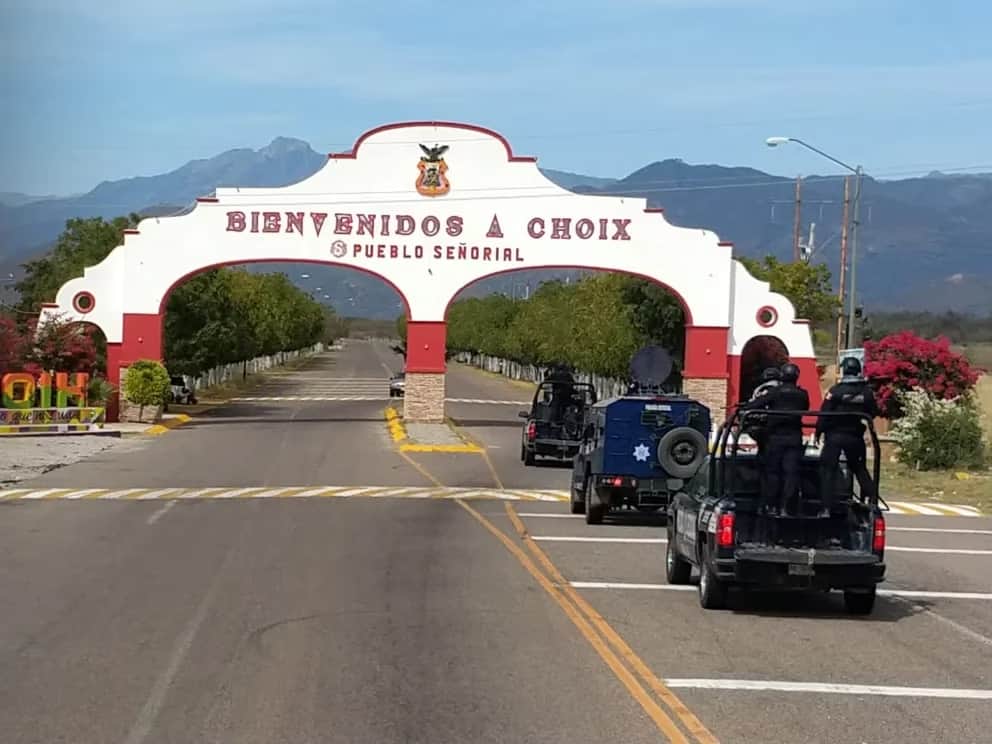
The body had a gunshot wound to the head, and 16 spent bullet casings were found in the area, Jáuregui said. Authorities believe Portillo may have been killed late last week by local residents who dumped his body in the location where it was found.
The Chihuahua Attorney General’s Office had offered a 5-million-peso (about US $270,000) reward for information leading to his capture, while Chihuahua Governor Maru Campos pledged that justice would be served.
The murders of the priests caused “deep anger, indignation and pain” and “shook us to the very core,” Campos said last June.
“We’re not going to allow acts like this. To the Jesuits and all Chihuahua residents I say: you have the state government and the federal government [to protect you]. You have the force of the state that will protect you against those who disrupt our peace and take away the most precious thing we have, which is life.”
In a statement posted to its website on Wednesday, the Jesuits’ association, the Society of Jesus in Mexico, said it “regretted the death of the person whose body was found by Sinaloa authorities, as we regret all lives cut short by the violence that reigns in the country.”
“We reject the dissemination of images… [showing] the discovery,” the association said, adding that if the body is confirmed to be that of “the person implicated in the homicide of the Jesuit priests,” the discovery can in no way be considered “a triumph of justice or a solution to the structural violence problem in the Sierra Tarahumara,” a region named after the indigenous people who live there.
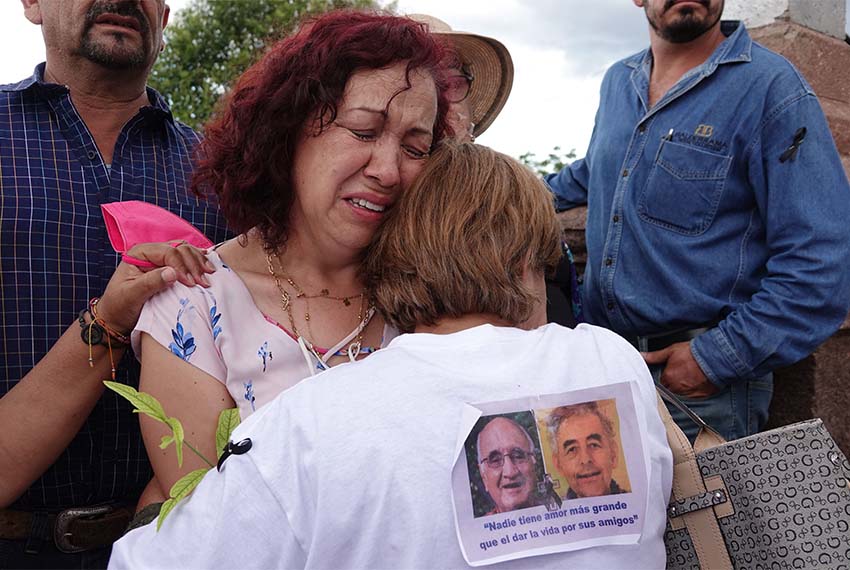
“On the contrary, the absence of a legal process in accordance with the law in relation to the homicides would imply a failure of the Mexican state to comply with its basic duties and [would] confirm that authorities don’t have territorial control in the region,” the association said.
The murder of the priests sparked outrage in Mexico, and even triggered a response from Pope Francis.
“I express my pain and consternation due to the murder in Mexico … of two Jesuit priests and a layman. So many murders in Mexico!” the pope said in a post on his official Twitter account last June.
Mexico’s Roman Catholic Multimedia Center said after the murders that seven priests had been killed since López Obrador took office in December 2018. At least two dozen were murdered during the 2012–18 term of the government led by former president Enrique Peña Nieto.
According to a Milenio newspaper report published last July, Chihuahua authorities established that Urique municipal police were complicit with Portillo’s criminal activities. That complicity appeared to have been facilitated by El Chueco’s uncle, who was the municipal police director in Cerocahui, the Urique town where the murders occurred last June.
In late July, Chihuahua authorities said that Portillo controlled the beer market in some Sierra Tarahumara communities. State Security Minister Gilberto Loya told Milenio that “clandestine” beer sales helped finance El Chueco’s criminal group, while then attorney general Fierro said his monopolization of that market in some towns was indicative of the criminal power he had.
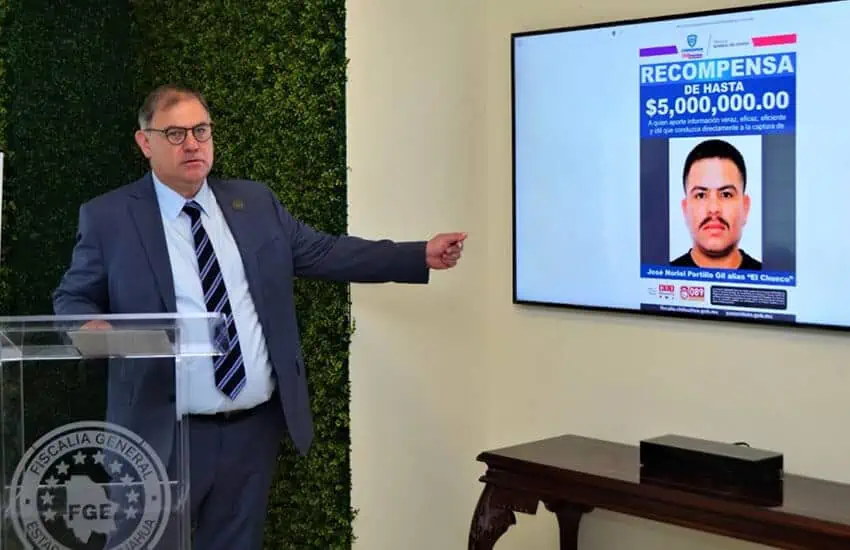
On Wednesday, President López Obrador said that Portillo and his criminal activities were “tolerated” by authorities in Urique, whose municipal seat is at the bottom of a canyon that is part of the Barrancas del Cobre, a popular tourism destination known in English as the Copper Canyon.
“He was even a promoter of a baseball team. The local authorities … knew [about his criminal activities] but didn’t do anything. That’s the truth,” the president said, adding that Portillo had a criminal network in the entire region.
Thirty-two people linked to Portillo’s criminal group have been arrested, he told reporters.
“… We’ve acted responsibly .. and the Ministry of Defense … has been working [in the Tarahumara Sierra] permanently,” he said.
With reports from El Universal, El Financiero and El País
